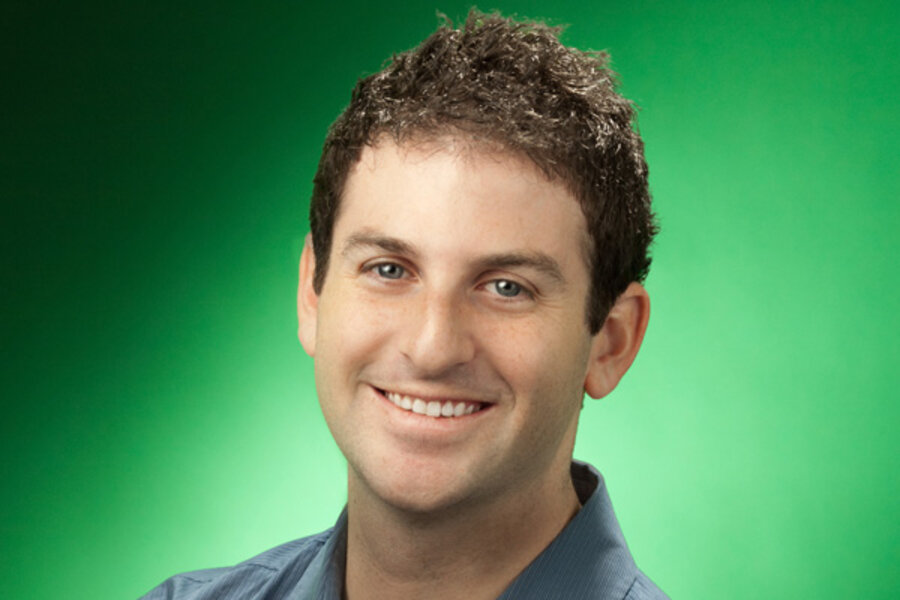The key to heading off tomorrow's violent extremist may exist within partnerships among those that have left extremist groups, argues Jared Cohen, the director of Google Ideas.
"Everyone's always asking where the voices against violent extremism are," says Mr. Cohen, a former member of the State Department's Policy Planning Staff under both Secretaries Condoleezza Rice and Hillary Rodham Clinton. "What we're trying to prove is that there are a lot of them out there. They just haven't been organized; they haven't been empowered."
Under Cohen, Google Ideas convened several dozen former violent extremists – from onetime gang members and religious extremists to white supremacists and hypernationalists – in Dublin, Ireland, in mid-2011 with the intention of outlining extremism's causes and forming networks to combat extremist behavior.
"What we found is that there is a lot of similarity across these [extremist] groups, much to our surprise but also to the surprise of the [participants] themselves," Cohen said. "Just by bringing them together and having them engage with one another and realize this, the summit gave life to a lot of unlikely partnerships and partnerships that have lived on independently of us."
While former extremists are able advocates against extremism within their own groups, Cohen says exposing at-risk youths to former extremists from other cultures offers a novel way to fight ideological violence.
"What we're trying to do is remove the masks of religion and ideology that are cultivated by violent extremists and focus on the common denominators of who they are and where they come from," Cohen says. When that happens, extreme movements "become far less remarkable than the extremists want [them] to look, which is very damaging to their cause[s]."
– David Grant, Washington
Next: Shehrbano Taseer: Pakistan's voice for justice







